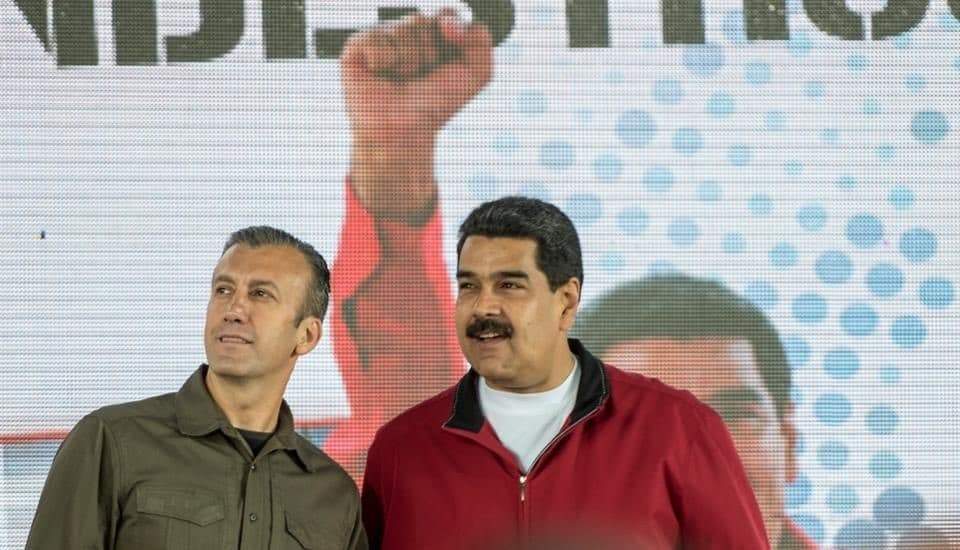Are Iranian backed proxies satisfied with Iran’s retaliation for the death of Soleimani?

By Joy Votrobek, Sr. Research Analyst for ASCF
January 9, 2020
President Trump addressed the nation on Wednesday regarding Iran’s missile response in retaliation for the death of Soleimani. No American casualties were reported, and Trump indicated the U.S. doesn't intend on any further escalation. Tehran also expressed contentment with the missile strikes that hit two Iraqi bases housing U.S. troops, even though there were no American casualties. However, will this satisfy Iranian backed proxies, such as Hamas, Hezbollah, and the Houthi’s? Some proxies may not feel the missile strikes in Iraq were enough to avenge the death of Soleimani. If further retaliation comes, it may come from the proxies, acting on their own or for Tehran. Hezbollah proxies have been in the United States backyard for some time.
Hezbollah has been very prominent in South America for some time. In 2003, Hezbollah was making millions of money laundering in the tri-border region of Argentina, Paraguay, and Brazil. A local television station indicated Hezbollah proxies were ready to strap on bombs and attack the U.S. in a moment’s notice (H.Res 435). In 2006, Iran expressed interest in helping Venezuela with a nuclear program (H.Res 435). Before becoming Vice President of Venezuela under Maduro, Tareck El Alssami was head of the passport agency. This position allowed him to issue hundreds of Venezuelan passports for Hezbollah as well as Iranian Revolutionary Guards. El Alssami's father was reportedly an Islamic jihad supporter, and close friend of the Shia led, "Iraqi Resistance" (Rodil, 2017). Today, Hezbollah operates in collaboration with the FARC as well as Mexican drug cartels. Hezbollah appears to thrive in nations around the globe without the resources or political will to enforce the law against illegal trafficking and money laundering. In most cases, Hezbollah works with a local cartel or a criminal organization, making money for all parties involved.
References:
H.Res. 435 – 110th Congress: Expressing concern relating to the threatening behavior of the Iranian regime and its leader Mahmoud Ahmadinejad, and the activities of terrorist organizations sponsored by that regime in Latin America. www.GovTrack.us. 2007. January 8, 2020 from https://www.govtrack.us/congress/bills/110/hres432.
Rodil, Martin (March 20, 2017). "Venezuelan VP Tareck El Aissami IS Bad News." Forbes online. Retrieved on January 8, 2020, at https://www.forbes.com/sites/realspin/2017/03/20/venezuelan-vp-tareck-el-aissami-is-bad-news/#77fe200c2050




